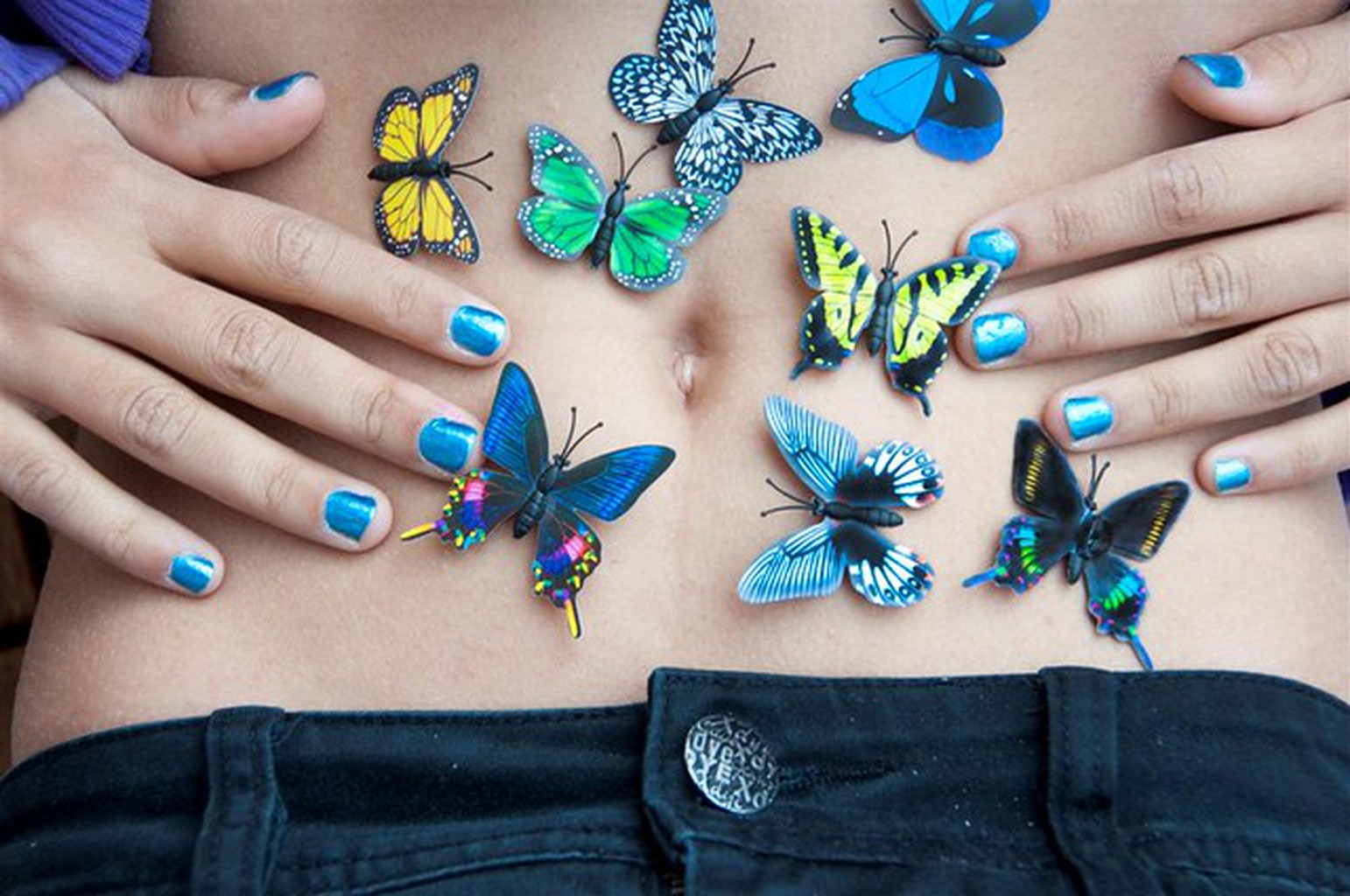Positive Parenting in Uncertain Times.Part 3 ‘When Worries turn to Anxiety’
Thu May 7th 2020

It’s more than ‘just’ Butterflies in my Tummy
‘When Worries turn to Anxiety’
During Covid 19 and the Lockdown, level 2, level 3 and level 4 your children would have been worrying, maybe just a little, maybe a lot. Those worries may have felt like ‘Butterflies in their tummy’ and once shared and spoken about, that feeling may have gone away.
At times though sometimes the worries can turn to Anxiety, Anxiety is the body's natural response to stress. It's a feeling of fear or apprehension about what's to come. Anxiety can get so extreme that it can feel as though your child has no control over it, your child can become very overwhelmed.
Anxiety may cause your child to regress in their development, be clingy, startle easily, cry or have tantrums, sleep poorly, and have headaches or stomach aches.
Remember though that a small amount of anxiety is relatively normal and helps the body to avoid danger. Anxiety can occur when part of your brain thinks there is something it needs to protect you from. At times it works too hard and it can be hard to switch off.
Your child will need your support to help control it and learn how to be the boss of it so it doesn’t take over.
Some would say anxiety is the following:
Excessive and persistent worry and fear about everyday situations, this can be intense. The heart rate can increase causing rapid breathing, sweating and often a feeling of being tired can occur.
Talking can help – Talk and share openly as a family about everyone’s worry’s, emotions, feelings. Try to describe using creative words, pictures, newspaper clippings etc…. what happens when those worry’s take over.
Breathe – Remind your children to breathe – properly. Ideally take a deep breath in the nose for three seconds, hold for three seconds and breathe out of the mouth for another three seconds – repeat the circle. You can use ‘toy windmills, feathers, bubbles’ to help with this.
Giving your child the space and time to talk and admit they are feeling anxious or worried and for you to reassure them is helpful. Thank you, acknowledge their fears and then focus on how they could help themselves. Talk about the ‘Anxiety’ don’t label your children as having anxiety or labeling them. We want them to be the boss, be in control and try to not let anxiety own them, stopping them from doing stuff.
In my experience it can be useful for your young person to name it, acknowledge it, write to it and put anxiety in its place, by challenging those thoughts.
Releasing those worries and feelings of anxiety by sculpting what their anxiety or worries look like can be useful, name it, talk to it, ask it to leave, smash it, stomp on it or treasure it for when it’s truly needed can be a useful way for young people to express themselves.
Supporting your child to change their way of thinking, their focus and visualizing a calm, tranquil setting or listening to music can be useful.
Try to stay calm yourself, if your child senses you are anxious or reacting in a way that is not OK to their anxiety it can heighten all emotions and feelings.
Praise and recognize the ‘little steps taken’
Try to maintain a ‘normal’ routine as much as possible – routines are so important, especially now during lockdown.
A couple useful websites for children and young people are:
